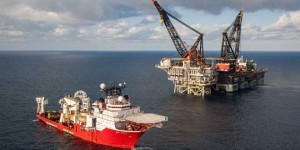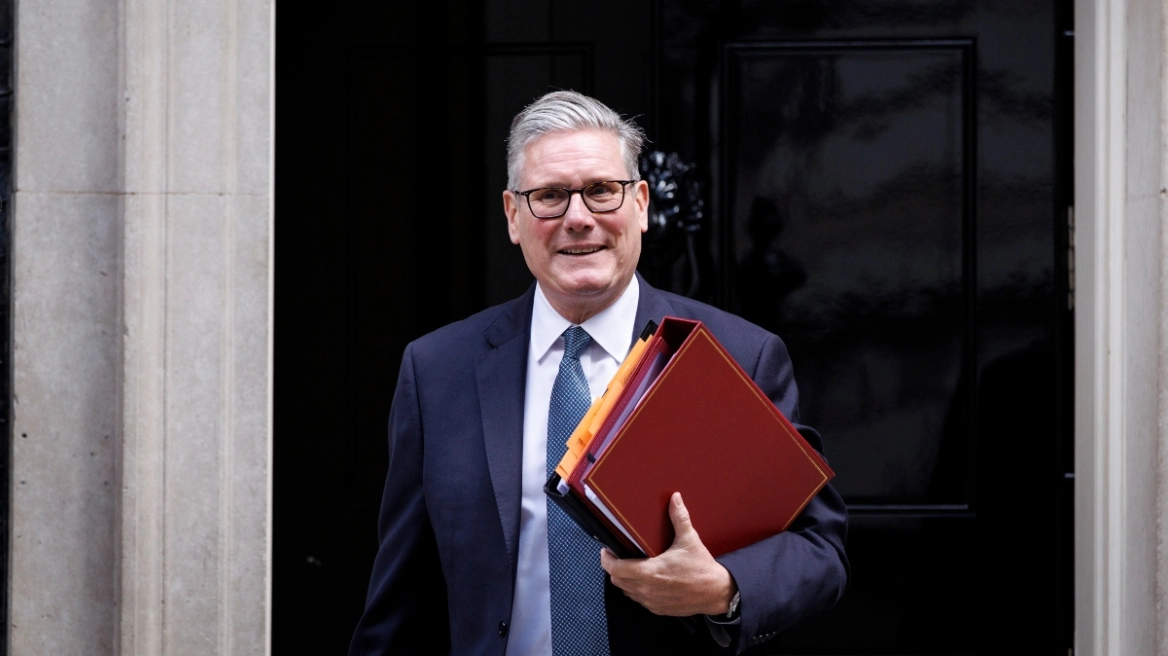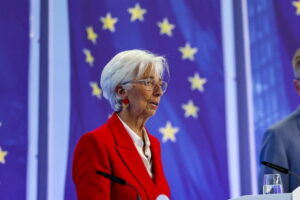The news last week was that Noble Energy decided to move two of its senior staff from Cyprus to Israel. Some ‘political sources’ interpreted this to be the result of dissatisfaction with the way government is handling commercialisation of Aphrodite and in particular the inordinate delays and lack of progress.
Not unexpectedly, both the government and Noble denied this. However, there is no denying that commercial development of Aphrodite is now long overdue.
The development plan was originally submitted by Noble mid-2015. Following acquisition of 35% of Block 12 by BG, which in turn was acquired by Shell early 2016, the development plan was subsequently revised and resubmitted. Since then there has been no real progress and astonishingly approval of the plan has not yet been concluded.
And neither have the negotiations to sell Aphrodite gas to Egypt, something which appears to be unlikely to happen.
But there may also be other reasons for Noble’s actions, some external to the East Med region.
Noble’s half-yearly results
Noble declared its 2017 half-yearly results on August 3 and it was a mixed bag. While it posted increased revenues, up 33% on 2016, Noble’s second-quarter loss widened to $1.5 billion from $315million loss a year earlier.
This was mostly due to costs associated with the sale of its operations in Marcellus Shale and acquisition of Clayton-Williams. As a result, Noble’s share-price is now trading close to $25, 38% down from its high in January.
Earlier this year, Noble bought Clayton-Williams Energy for about $2.7billion, enhancing its presence in the US Permian shale.
In announcing the results, David Stover, Noble Energy’s CEO, commented: “We again delivered industry-leading well results across our onshore basins, demonstrated continued strong performance at our high-quality offshore operations, and reported volumes and costs that were in-line with or better than our expectations.
“The quality of our asset-base, our superior execution capabilities, and our robust financial strength position us to create differential long-term value.”
This is the positive side of the business in terms of going forward into 2018, but nevertheless significant losses in two consecutive years are having their impact.
Noble’s performance in Israel
Yet again, Noble’s assets in Israel were the star-performer so far in 2017. Noble’s highly-profitable gas production from Tamar peaked at 960 million cubic feet per day (mcf/d), up from the first quarter of 2017, at an average gas price of $5.34/mmBTU.
Noble continued to progress the Leviathan project within budget towards first-gas by the end of 2019. In conjunction with the recent sanctioning of Leviathan, Noble booked initial proved reserves associated with the first phase of development of 550 million boe, representing an increase of over 35% to total company reserves at the end of 2016.
However, Leviathan is facing challenges. Energean appears to be gaining market share in Israel at Leviathan’s expense, due to the low price at which it is prepared to sell its gas, close to $4/mmBTU.
This is at a time when the gas market up for grabs in Israel is limited. If Energean manages to sell all its gas, about 88bcm over the lifetime of Tanin and Karish, little may be left for Leviathan.
And with its low gas sales price, Energean is well on the way to achieving this. So far it is close to clinching deals totalling 67.5bcm. In addition, other IPP projects in Israel appear to be queuing-up to sign deals with Energean attracted by the low gas price.
With its Jordan gas sales deal still not fully approved and challenged by political developments, it leaves Leviathan’s Phase 1A, dedicated to gas sales to the Israeli domestic gas market and Jordan, exposed. Unless gas demand in Israel picks up soon and well beyond expected levels, the risk is that Noble and its partners will be left hoping that they will secure the gas sales deals required to ensure commercial viability after completion of the project at the end of 2019.
Not a satisfactory situation, which surely must be of concern to the company.
This is despite a recent optimistic statement by Noble’s CEO that “we will succeed to sign contracts for all of Leviathan’s capacity by the time it is operational at the end of 2019”.
He said that Noble is continuing with its negotiations with clients in Israel, Jordan and Egypt to sell gas from Leviathan: “I am sure that we will succeed in signing contracts for all of the capacity of the Phase 1A of Leviathan for 12bcm/yr, by the time the field is operational.
We have already completed 15% of the project and we are continuing to move forward in accordance with the development plan, so that production will start at the end of 2019.”
Gas sales to Egypt
In Egypt a new gas regulatory law has just been signed. This opens the gas sector to private investors and permits the private sector to participate in the shipping, distribution, sale, and marketing of natural gas into the Egyptian market.
Once implemented, it will end the state’s monopoly as it pushes ahead with reforms meant to encourage investment and revive the economy. It also allows for import of natural gas by private companies, provided it is competitive, that could help end supply shortages that have hampered businesses.
This law effectively relieves the government from the burden of providing for the rapidly growing natural gas consumption and turns it into a regulator.
This new law has already been interpreted in Israel as opening the way for Tamar and Leviathan gas exports to Egypt. However, this ignores a number of obstacles that must first be overcome before that happens:
With Zohr and a number of other gas-fields becoming operational, Egypt is well on the way to achieve self-sufficiency by 2018-19, with exports expected to re-commence by 2020-21.
There is still the unresolved issue of the arbitration decision by ICC that Egypt should pay Israel close to $3billion compensation for the cessation of gas deliveries to Israel in 2012. Egypt froze gas import talks until the dispute is resolved.
Given gas prices in Israel, by the time such gas arrives in Egypt competitiveness will be a challenge.
What does this all mean for Noble
Despite the fact that, as David Stover said in announcing the 2017 half-yearly results, the long-term future of Noble looks promising, there are short-term challenges to be overcome. Measures to overcome these may include cost-cutting and possibly staff redundancies and redeployment.
It is very likely that senior staff relocation from Cyprus to Israel is part of these measures. On the one hand it may be part of cost reductions, but also to strengthen Noble’s Leviathan team as it endeavours to make a success of the project. But the frustrations of lack of progress in developing Aphrodite should not be underestimated.
Dr Charles Ellinas is a non-resident Senior Fellow, Eurasian Energy Futures Initiative, Atlantic Council
Ask me anything
Explore related questions





